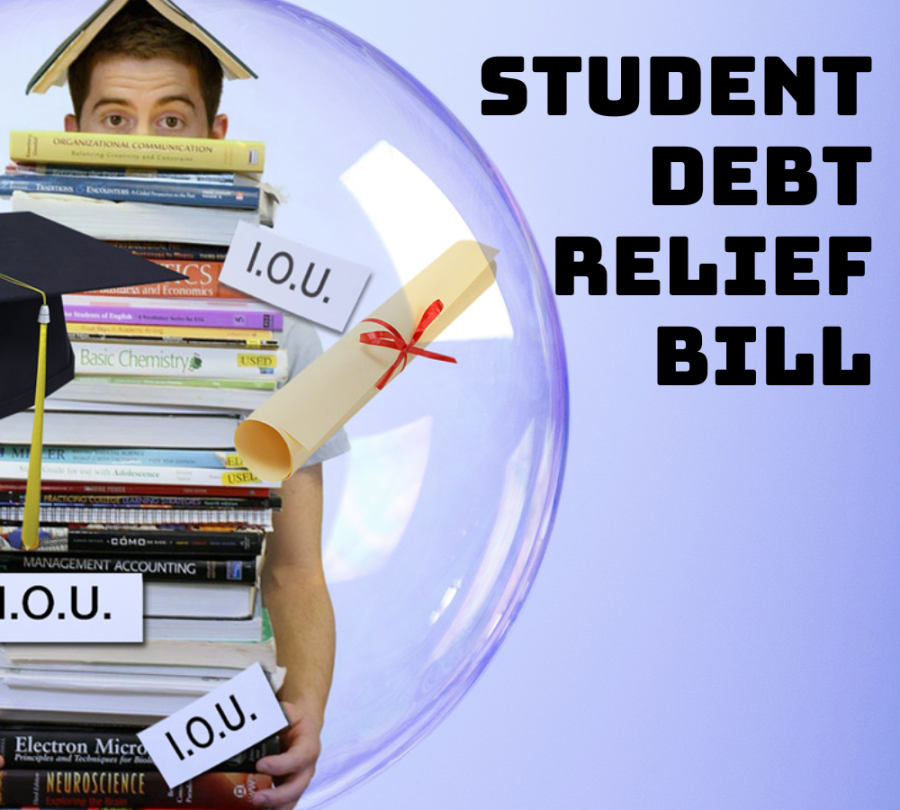After appealing to the Supreme Court over the student loan forgiveness plan’s blocking, the Biden Administration had to respond to its challenger’s briefs by Feb. 15.
On Jan. 3, 2023, the Biden Administration was required to submit legal briefs on behalf of its plan for debt relief. After reviewing all sides and responses to said responses, the Supreme Court plans to host an oral hearing in late February/ early March. The relief plan proposed would cancel out student debt up to $20,000 and had already been signed up for by about 26 million people.
“I know that it was a plan to help certain students in certain situations to get out of some of the student debt they owed for their college or university experience,” Jessica Watson, U.S. history teacher, said. “It’s in holding as far as what’s going to happen.”
The reason why the plan was blocked might hide behind political tactics, as some speculate the decision came from Republican influence. This decision could deter newer generations from voting for President Biden which would benefit the Republican party.
“For political reasons, this would be very popular with younger voters who in 2024 could be key to a President Biden re-election victory,” sophomore Aiden Anderson said. “The supreme court, the majority appointed by President Trump, are much more conservative and don’t want that.”
With the plan on hold and people already signing up, fear of it being permanently blocked may arise. The loss of this financial help will put these families in poor financial standing.
“I do think it’s worrying that people have already signed up and now that’s possibly being completely thrown out,” Anderson said. “And many who are younger who had this student debt they really thought they had this chance to get it relieved. But now it’s up in the air if they will have to get it paid.”


